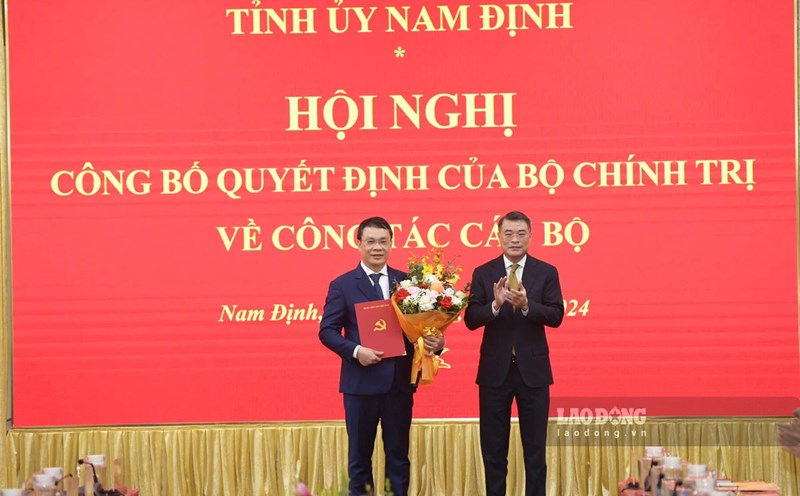According to a report by the Ministry of Construction, by the end of the third quarter of 2024, real estate inventory increased sharply compared to the previous quarter, although selling prices continued to remain high in most localities.
As of the end of the last quarter, the total inventory reached 25,937 products, including 4,688 apartments, 12,250 individual houses, and 8,999 plots of land. These are products that are eligible for sale but have not been traded.
Previously, the Ministry of Construction's report said that the inventory in the second quarter of 2024 was about 17,105 products. Thus, the real estate inventory increased by nearly 52% after one quarter.
Data from Vietstock Finance also shows that in the first half of 2024, the inventory of 110 listed real estate enterprises reached VND490,400 billion. Most of the inventory value comes from unfinished production costs in old projects, as well as unsold finished goods.
Leading names appear in turn on the list of large inventories, such as Novaland, Khang Dien, Nam Long Group, Phat Dat...
In the first two quarters of the year, Novaland was the enterprise with the highest value of inventory, reaching over VND 142,000 billion, accounting for 59% of total assets; Khang Dien had VND 21,458 billion in inventory, accounting for 76% of total assets; Nam Long Group had VND 19,165 billion in inventory, an increase of 19% over the same period in 2023.
Large inventories mean heavy debts for weak businesses or those using high financial leverage. However, looking at the financial statements of real estate businesses, the current inventory figures are only a small part of finished goods/goods inventory, while the majority are unfinished production and business costs, that is, projects under construction and not yet completed.
In theory, this could be a huge source of revenue for investors in the future. However, in the worst case, such as legal entanglements that last for decades, inventory risks becoming a "blood clot" for the business.
This is the reason why many "giants" in the industry are changing their customer approach policies with a series of huge discount and incentive policies. For example, some projects in Ho Chi Minh City have launched a special interest rate support policy for home buyers in the project, supporting an interest rate of 6.7% for 3 years, instead of 12 months. Or many investors have introduced a flexible "payment negotiation" policy by allowing customers to choose the time and amount of monthly payments.
The investor of a real estate company in Ho Chi Minh City said that at the end of the year, investors who have "goods" are forced to take advantage of the opportunity to "release goods", hoping to attract cash flow before Tet.
This time has two advantages for home buyers: interest rates and discounts up to 10-15%, flexible payment methods...
The bank also supports 0% interest rate/year from 6-18 months depending on the project, principal grace period up to 60 months, total incentives up to 10% and 2-year free management fee...
Implementing attractive sales policies is beneficial to investors, especially investors with large inventories. To sell products, investors must have good payment policies, only then will customers pay to buy.
However, what investors are most concerned about is absorption. The absence of large investors as in the previous period is one of the reasons why the southern market is recovering slowly. In addition, the sharp increase in housing prices due to lack of supply is also making home buyers hesitate.
The market needs more time to absorb the legal changes before moving into a more positive development cycle, in which investor sentiment is a key factor.












